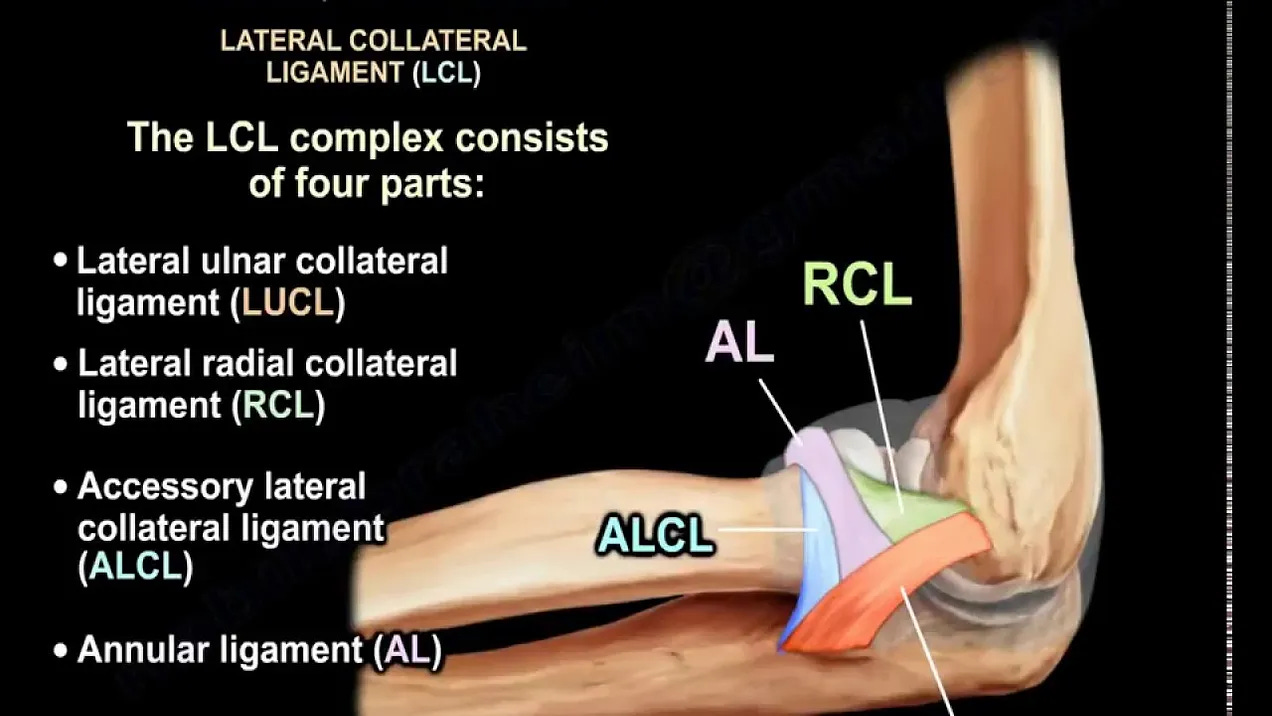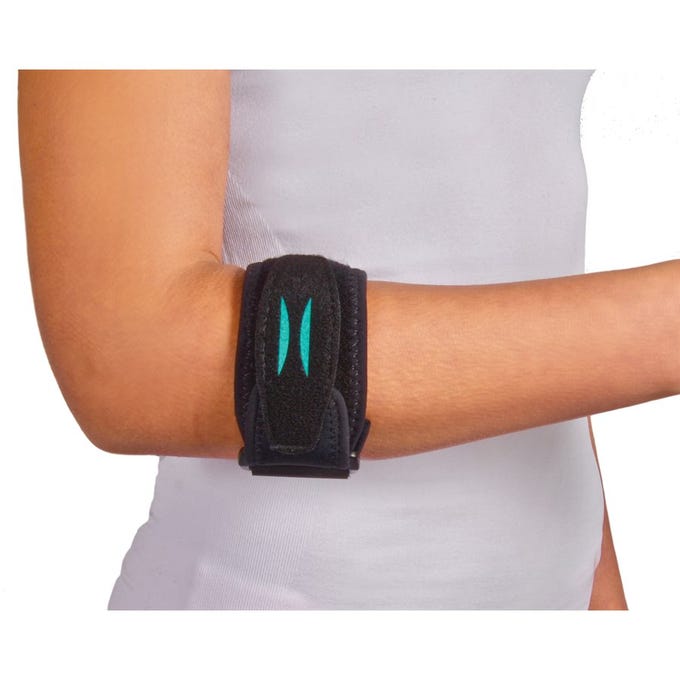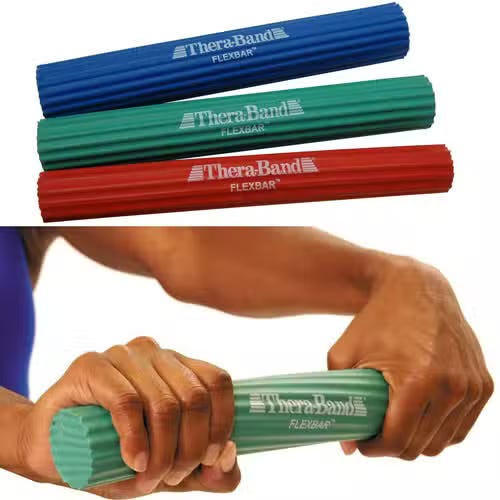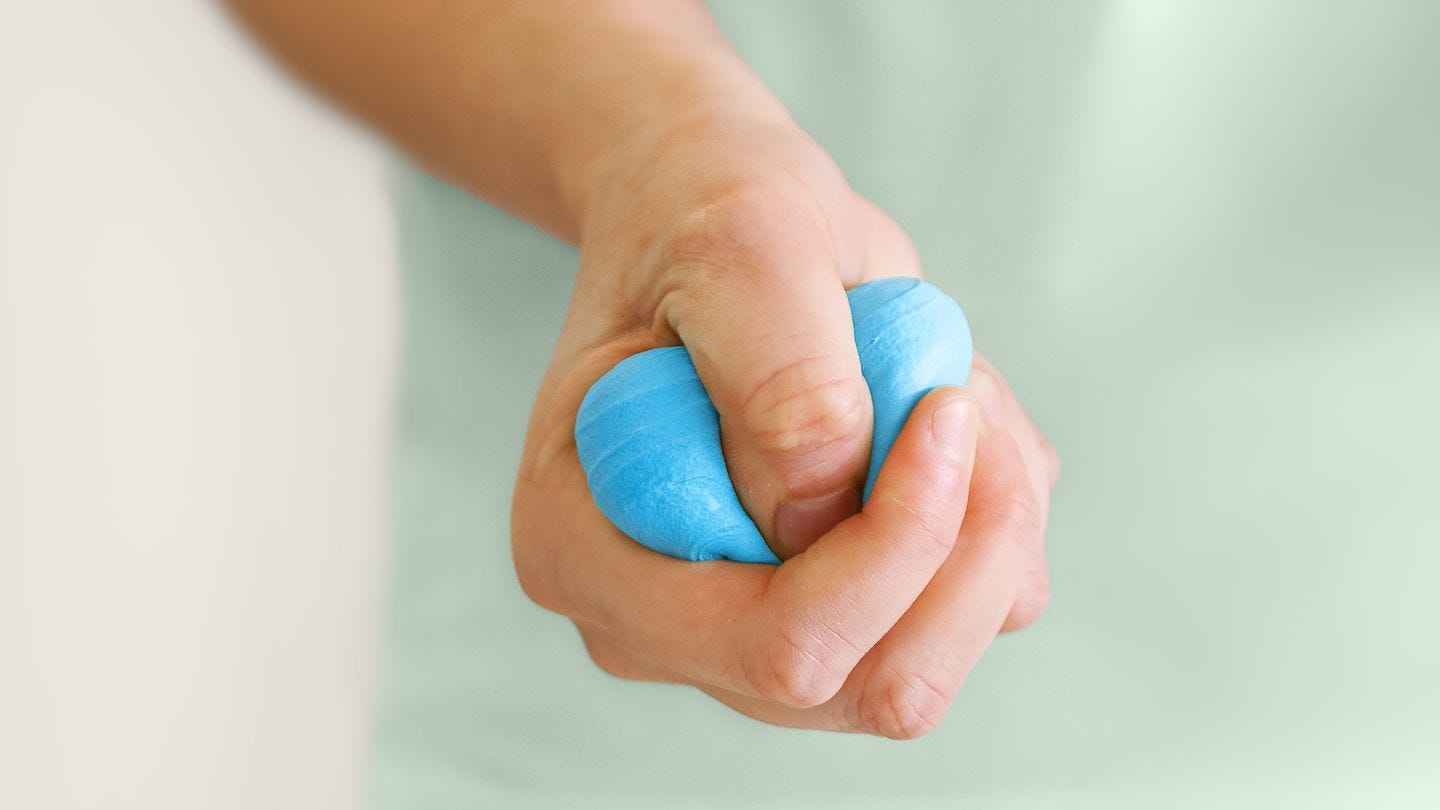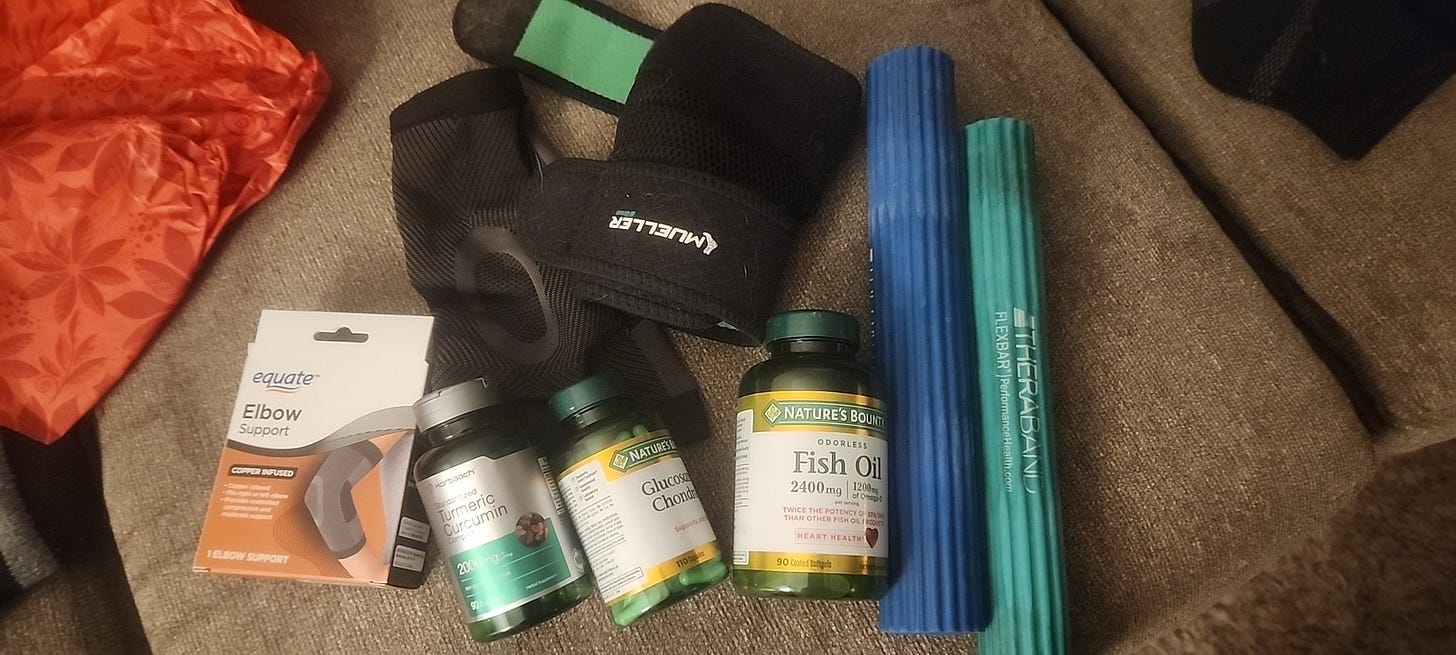Musicians Ligament Injury Educational Resource
Last year, I hurt myself pretty badly, tearing several ligaments in my left elbow. My doctors have been mostly useless, and I've had to manage my own recovery as a result. They pushed hard for both a surgical consult I only wanted as a last resort and pharmaceuticals that I learned would inhibit tendon
As I get closer to being fully healed through self directed physical therapy and nutritional supplementation, I am publishing this educational resource for musicians on recovering from ligament injuries, which apparently many doctors have a poor understanding of.
Listening to my doctor would have left me with less strength and flexibility, and potentially had a negative impact on my ability to play the guitar long term.
If you feel a sensation like stitches popping at the time of your injury, that is indicative of a tear as opposed to simple overuse strain, which feels more like general stiffness and soreness, though it can also feel like sharp pain.
NSAIDs will decrease inflammation and pain but also inhibit ligament healing specifically by way of structural changes in the bodies collagen remodelling at the molecular, biochemical, and biomechanical levels.
In competent sports medicine, their use is now cautioned in athletes as a result. "Evidence suggest that remodeled collagen fibrils are not packed as densely as in normal ligaments and the remodeled tissue contains materials other than collagen, such as blood vessels, fat cells, and inflammatory cell pockets which contribute to weakness."
Source: Journal of Prolotherapy
Avoid popular steroid treatments, too. Reducing inflammation, often the first impulse of medical professionals, is not desirable in ligament injuries; inflammation aids debris clearance and signals the body to induce desperately needed blood vessel development for tissue repair in ligament injuries.
Source: Frontiers in Bioengineering and Biotechnology
Instead, you can ask for muscle relaxers like cyclobenzaprine (Flexeril) which don't actually relax your muscles, but inhibit your nerve signals to cut your pain, helping to relax your muscles.
So, what can you take to help? There are several supplements that promote ligament healing which drastically sped up my recovery once I started taking them.
Curcumin seems to promote tendon-to-bone healing and is scientifically associated with anti-inflammatory and antioxidation effects, with a better functional recovery in ligament injuries.
Source: International Orthopaedics
Also, black pepper extract drastically increases bioavailability of curcumin when taken together, so look for a supplement that includes both.
Source: Cancer Research and Treatment, Journal of Korean Cancer Association
Omega-3 fatty acids (specifically EPA) enhance ligament fibroblast collagen formation (the opposite of what the NSAIDs your doctor will try to give you will do). A high potency fish oil supplement is a good source of Omega-3 fatty acids. Look for one with higher EPA.
Source: Proceedings of the Society for Experimental Biology and Medicine
Glucosamine-chondroitin sulphate accelerates tendon-to-bone healing.
Source: Joint Diseases and Related Surgery (Eklem Hastalik Cerrahisi)
And collagen peptide type-1, Glucosamine-chondroitin sulphate, sodium hyaluronate and vitamin C have been shown to act as building blocks of tendon structure, with oral supplements showing results in tendinopathy treatment.
Source: Cureus, Journal of Medical Science
Although there are no studies specific to ligament injury that I could find, studies on osteoarthritis show that SAMe can stimulate the production of cartilage critical to reversing the disease process, and may offer benefits in ligament injury.
Source: Critical Reviews in Food Science and Nutrition
Another thing you can do is make sure that you drink plenty of water; altering ligament water content affects ligament pre-stress and increase in strains.
Source: Journal of Orthopaedic Research
Ligaments are blood starved, and being well hydrated will help your body deliver crucial blood cells to the area in need of repair. Compression sleeves and/or other therapeutic wrap, deep moist heat, hydrotherapy, and self massage can all increase blood flow.
Source: University of Rochester Medicine Noyes Health
I've had a compression sleeve on 16 hours a day for about 8 months. You're not supposed to sleep in them. Mat strap use is indicated in recovering from tendinopathy. I used one that strapped both above and below my elbow. This is advice you will likely receive from your doctor.
Finally, besides surgery, there are a few medical treatments worth trying. First is an item called a theraband flexbar. It is clinically proven to reduce elbow pain by 81% and increase strength by 72% for tennis elbow patients (tendonitis).
Consult with a physical therapist or sports doctor about best use; it uses eccentric loading to rebuild your tendon muscle.
In addition to the flexbar, I have an 8 pound sledge hammer that I use for a variety of eccentric and concentric stretching exercises. Similarly, hand therapy clay may be of some use; it has been very helpful for me. A lot of different companies make it, and it’s widely available on the web.
Platelet rich plasma is another treatment worth looking at. I haven't done this yet but it is a good alternative first step to jumping into surgery, which my doctor was pushing from my first visit. Ligament injuries are expected to clear up within 3-6 months; I am quickly approaching month 9 and still getting better.
Source: Yale Medicine
Therapeutic ultrasound and Low Intensity Ultrasound have also been shown to promote soft tissue healing and reduce pain.
Source: Internal Medicine Review
This has been a difficult process, and often felt that short of spending endless $$$s seeking out a doctor who actually knew something, there was no resource available to me to quickly learn any of this.
I am a tenacious and tireless man, and found these resources and studies over months of tedious and painstaking research, while in excruciating mental and physical pain. I hope they find someone who needs them, and helps them recover thoroughly, and more quickly than I have.
As a final thought, even though it hurts, even if takes the rest of your life, don't give up. Keep pushing forward, keep planning for your recovery, and keep a positive mindset about your odds. Pain is only information; the human body can be fragile, but it is also very resilient.
If it hurts too much, stop, and take a break. Don't re-injure yourself. But keep at it, always keep pushing, and if it feels therapeutic, push harder. You can refuse to be sidelined. Sheer force of will can conquer almost anything.



